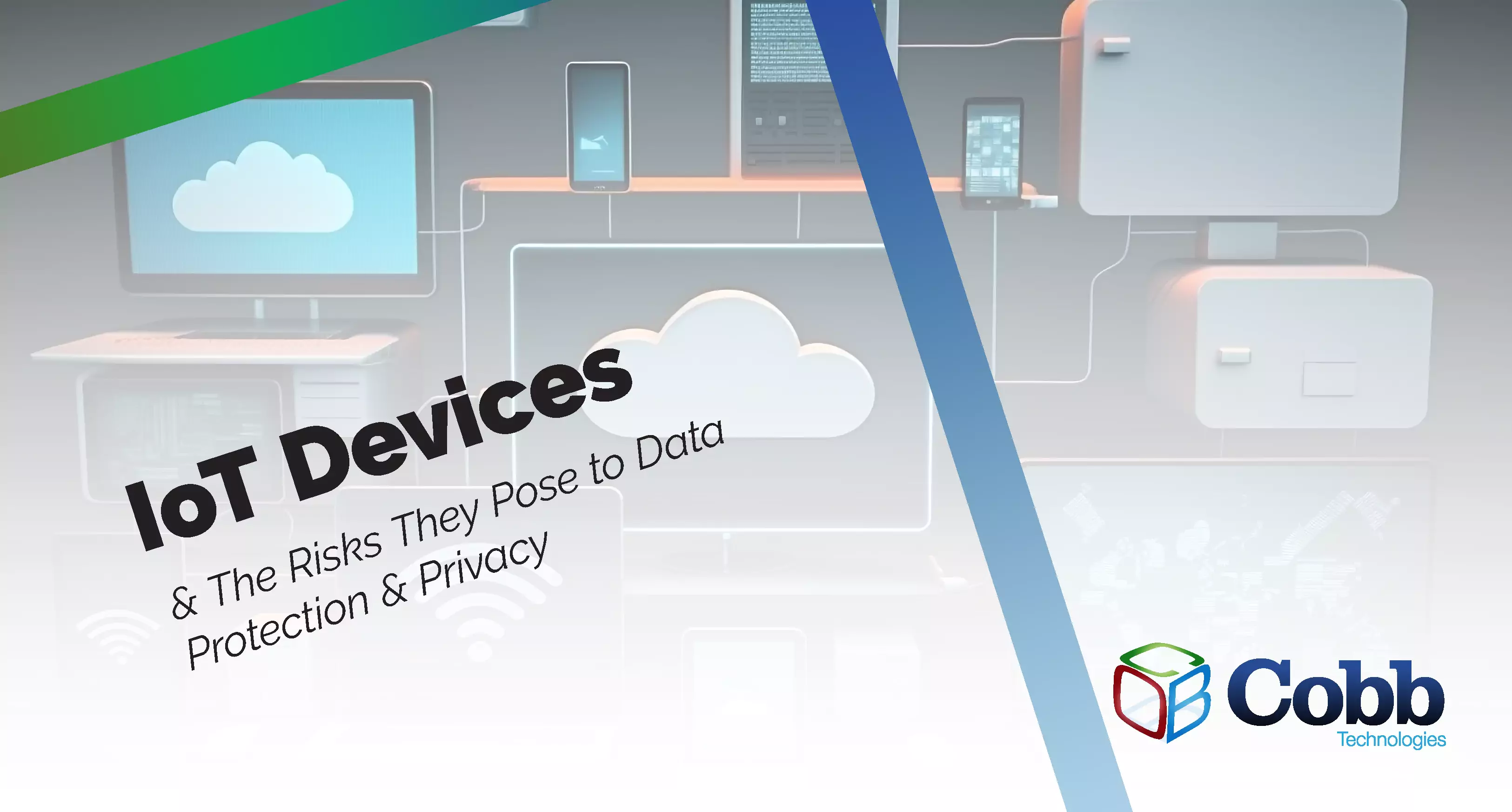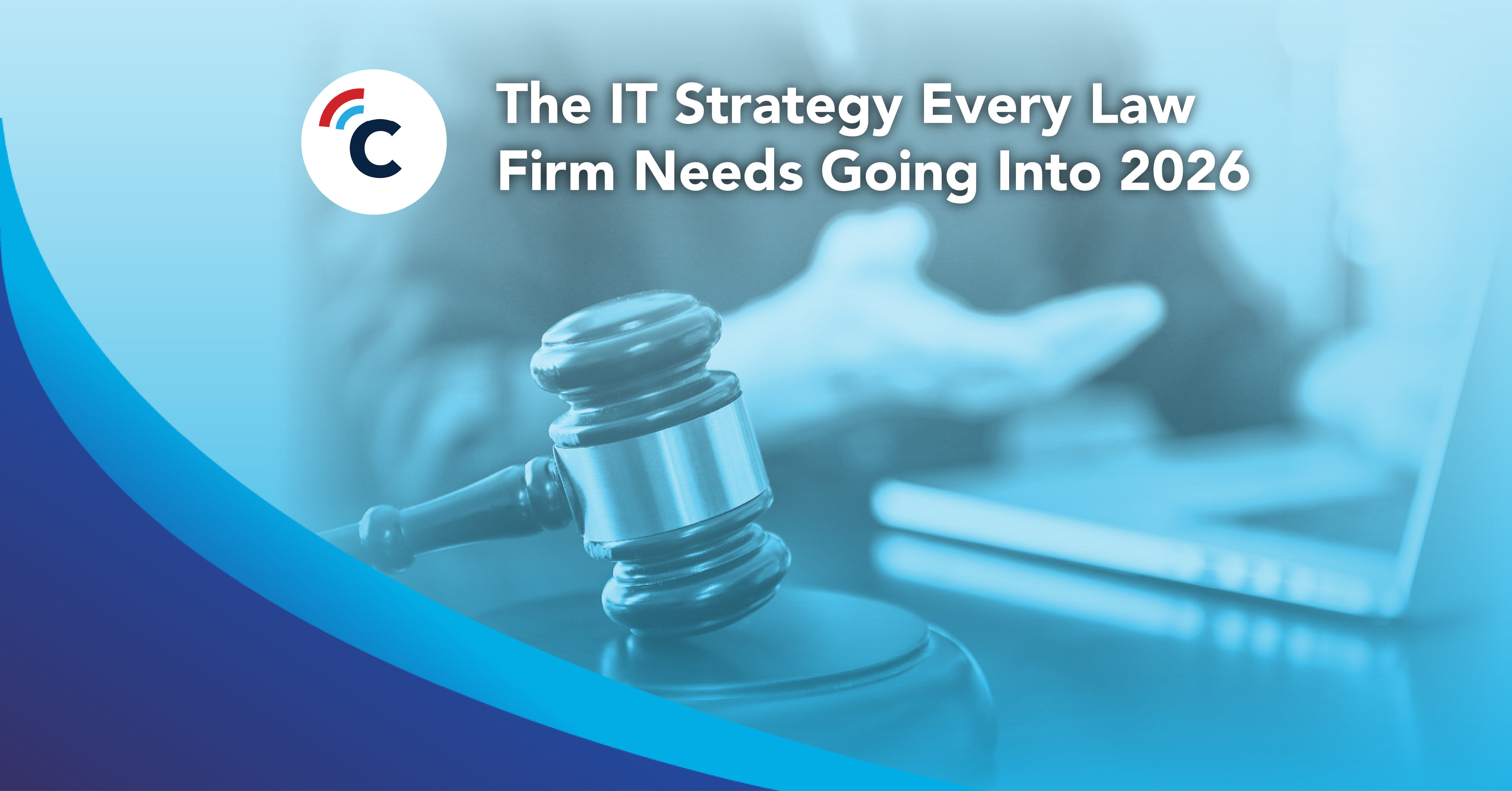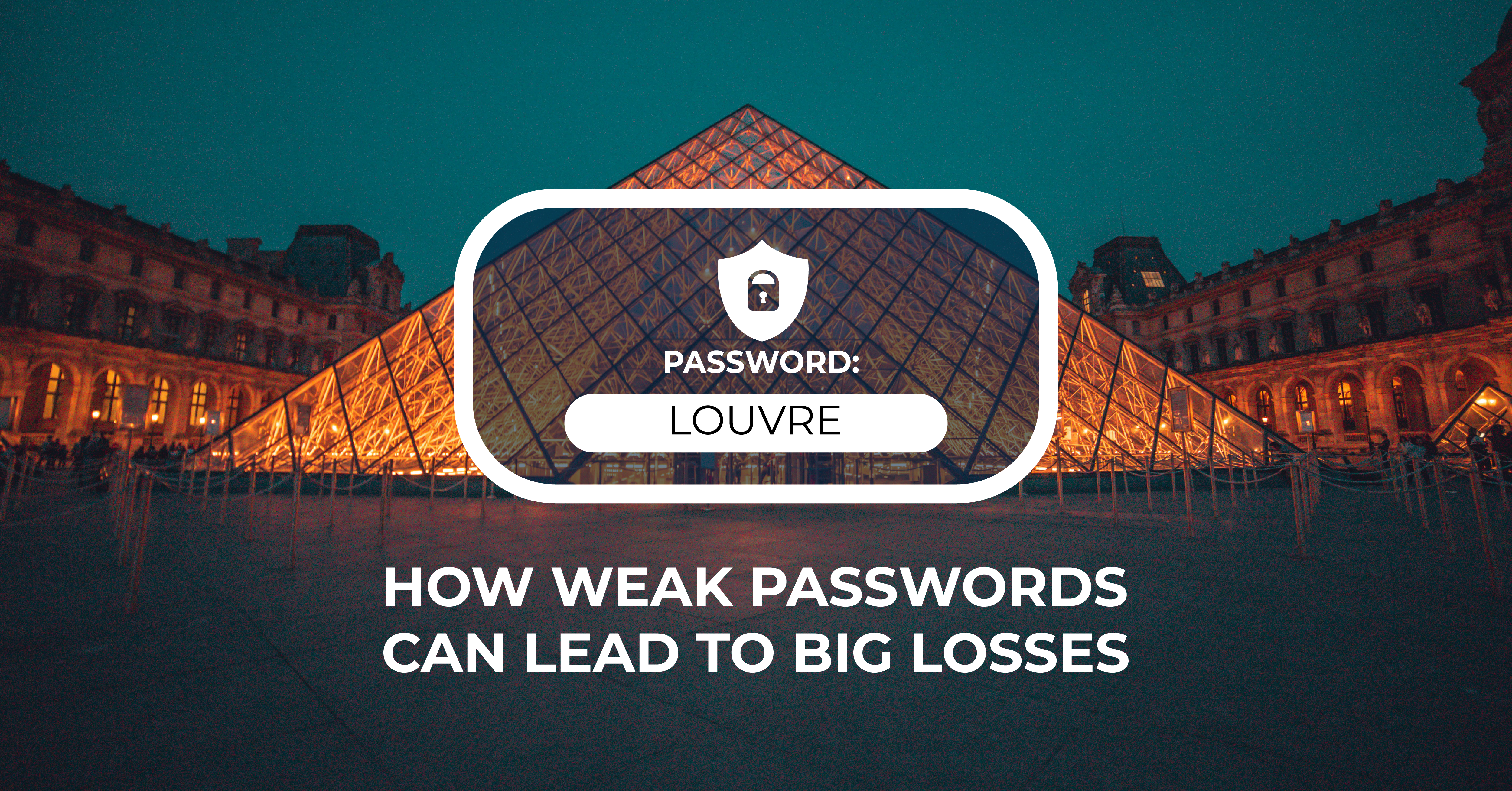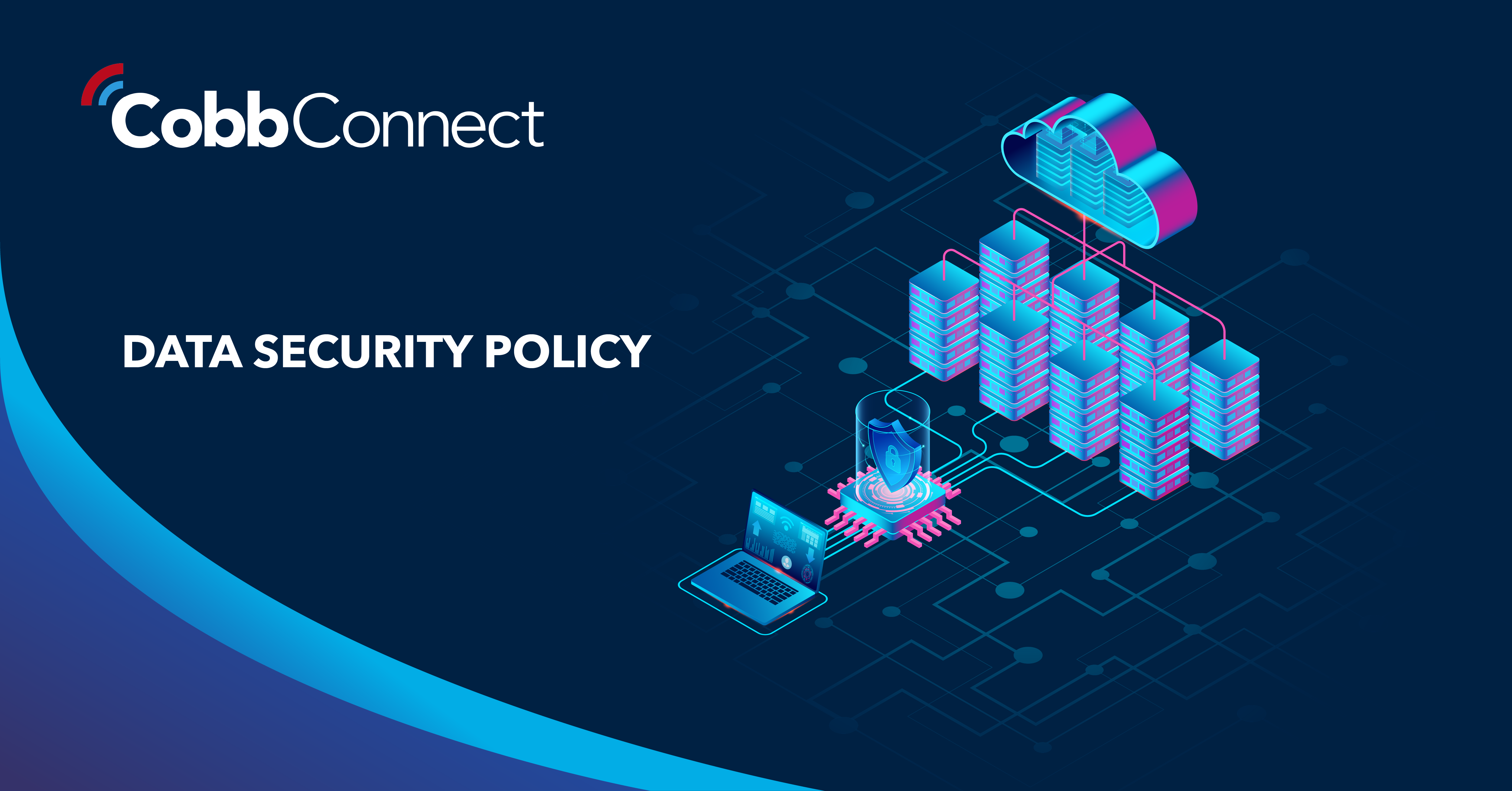11 min read
Best IT Strategies for Law Firms Going Into 2026
Why should a law firm invest in a strong modern IT strategy? Today’s legal teams depend on secure, reliable technology to protect sensitive...
2 min read
 Chris Wilson
Mar 14, 2024 8:42:56 AM
Chris Wilson
Mar 14, 2024 8:42:56 AM

Is your IoT (Internet of Things) data as secure as it should be? If you're unsure, it's time to take notice.
Sure, IoT devices, or "smart" gadgets, have definitely made life easier for individuals and businesses like yours. But they also bring along potential risks to your data and privacy, leaving you open to cyber threats. As a responsible business, safeguarding your IoT data from hackers is crucial.
In this blog, we'll dive into the common vulnerabilities of IoT devices and outline the top five threats you should keep an eye on. So, let's jump in and explore the world of IoT and data security.
Keep an eye out for these common IoT vulnerabilities:
Now, let's talk about the major threats associated with IoT devices:
Failure to secure IoT data can lead to penalties and legal headaches.
But don’t worry, we’ve got your back.
Our compliance services help identify and mitigate IoT risks, ensuring you stick to data protection standards and saving you time, money, and stress.
Reach out to us today for a free consultation, and together, we'll strengthen your IoT strategy and ensure its security and success.

11 min read
Why should a law firm invest in a strong modern IT strategy? Today’s legal teams depend on secure, reliable technology to protect sensitive...

2 min read
The Louvre’s password became the punchline of a global story after a heist revealed major security concerns for the museum. Reports say the password...

6 min read
Organizations of all sizes handle enormous volumes of data. Data is one of the most valuable assets of any organization.Unfortunately, it’s also a...